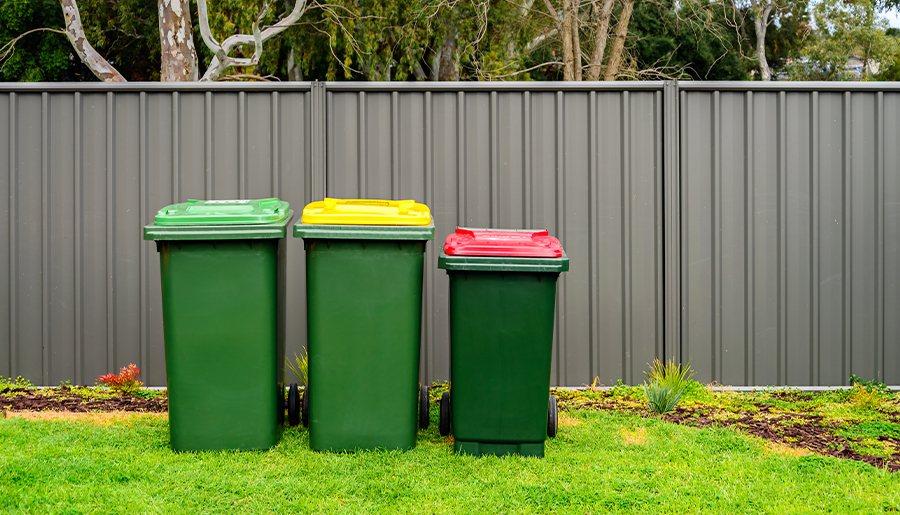In 2023, landfill isn’t scoring second place in a beauty prize and collecting $25. This is because landfill is feral, smells awful, and can’t play Monopoly. What’s more, landfill is rubbish for our planet. All landfills produce methane and carbon dioxide, two gases that mess with the earth’s climate.
Fortunately, a number of Aussie councils have decided to downsize their landfill programmes. This brings us to Sydney’s Inner West Council. These folks have decided to curtail their reliance on landfills and embrace a new age of recycling stuff.
Here’s what you need to know.
The Inner West’s Recycling Slay
From October 9, Inner West households will be able to put all of their food scraps and garden waste in their green recycling bins. The council will then recycle this waste every week.
According to the Inner West, this recycling programme will be a vibe. It will prevent 8,360 cars worth of emissions from entering our atmosphere in its first year.
What’s more, this recycling programme will save the Inner West money. This initiative will save ratepayers more than $370,000 per year in landfill fees.
In a press statement, Inner West Mayor, Darcy Byrne, gave this programme the hard sell.
“Making food recycling universal is a necessary reform that will massively reduce our community’s carbon emissions and save ratepayers millions of dollars in landfill fees over time,” Byrne said. “Diverting food and garden organics from landfill is the single biggest thing we can do as a community to reduce our carbon footprint and combat climate change.”
“We know that changing the way we dispose of waste will be a challenge at first, and we are ready to work with and support our community to make this improvement.”
The Inner West Recycling Backlash
Now, it’s worth noting that not everyone is hyped about this news. Some Inner West residents are worried about what this programme will mean for their households. This is because their red bins, which were used to collect items like nappies and cat litter on a weekly basis, are being changed to fortnightly schedules.
These Inner West residents are concerned that said fortnightly pick-ups will result in smelly buildups. However, this might end up being a non-issue. According to the NSW Environmental Protection Agency, other councils with food recycling programmes don’t use their red bins as much and these bins don’t typically hit their capacity.
When discussing community sentiment, Bryce said, “We know that changing the way we dispose of waste will be a challenge at first, and we are ready to work with and support our community to make this improvement.”
Related: Snow Hydro — Let’s Recap Their Buckwild August
Related: Recycled Roads — How Australia Is Turning Soft Plastics Into Asphalt Streets
Read more stories from The Latch and subscribe to our email newsletter.







